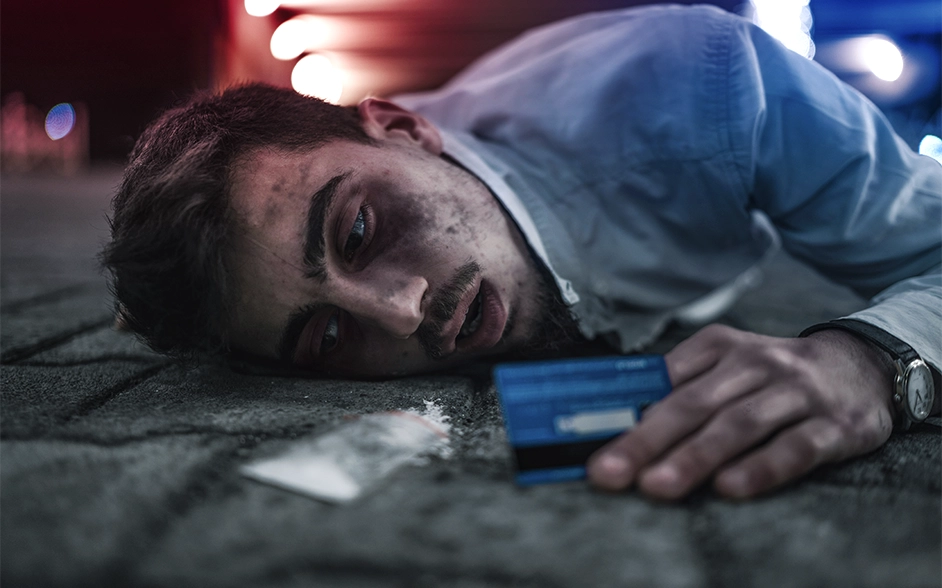- Mumbai, New Delhi, Bangalore
- (+91) 81518 30000
- WhatsApp Now
- contact@vedawellnessworld.com
Drug addiction doesn’t always look like the movies. In real life — and especially in the UAE’s high-functioning, socially reserved culture — it often hides in plain sight. This blog helps you recognize the subtle red flags of substance abuse and understand where to turn for help. We also compare how the UAE’s evolving landscape of drug rehab centers aligns with global best practices and the rise of discreet recovery solutions.
In a society as dynamic and aspirational as the UAE, it’s easy to overlook the emotional cracks behind polished exteriors. But drug addiction is very much present — whether among stressed professionals in Dubai, overwhelmed youth in Sharjah, or families silently coping in Abu Dhabi.
What makes spotting it harder here is the deep-rooted stigma. Addiction is often associated with shame or secrecy. This delays intervention, making early detection critical.
Drug addiction, or substance use disorder, is a chronic brain condition. It changes how a person thinks, behaves, and prioritizes. Over time, the substance takes control — not just of the body, but of choices, relationships, and identity.
This could involve:
Understanding the signs isn’t about labeling someone. It’s about helping them before the damage deepens.
The most important step is not confrontation, but compassion. People struggling with addiction already feel cornered. What they need is safety and options.
Here’s how you can act:
The UAE is increasingly aligning with global standards in addiction recovery. From state-of-the-art detox programs to outpatient support, individuals now have access to professional drug addiction rehab centers in Dubai, Abu Dhabi, and Sharjah.
In Dubai:
In Abu Dhabi:
In Sharjah:
Across the world, addiction recovery is becoming more holistic, trauma-informed, and personalized. Countries like Canada and Portugal emphasize harm reduction and reintegration, while the UAE traditionally leaned more toward deterrence.
However, this is changing.
Today’s UAE offers:
And as digital platforms and remote therapy gain traction, the future of recovery is expanding beyond brick-and-mortar clinics.
Not everyone feels comfortable walking into a rehab facility — especially professionals, homemakers, or public figures. That’s why there’s growing demand for private, flexible alternatives.
Some individuals now choose international options that offer virtual programs combining therapy, psychiatric care, and relapse prevention — all from the privacy of home.
One such platform, based outside the UAE but trusted by many from the region, offers a blended model of online de-addiction care rooted in compassion, science, and cultural understanding. These types of programs are quietly becoming the go-to for those seeking long-term recovery without social exposure.
If you’re unsure whether to act, ask yourself:
If the answer is yes, it may be time to guide them toward help — gently, without ultimatums.
Addiction rarely announces itself clearly. It hides behind excuses, social norms, and fear. But the earlier you act, the easier the recovery.
Whether it’s reaching out to drug addiction rehab centers in Dubai, exploring drug de-addiction in Abu Dhabi, or connecting someone to support in Sharjah, you’re offering hope — often before they can ask for it themselves.
In a region that is slowly but surely opening up to mental health conversations, your awareness might be someone else’s turning point.
Yes. All licensed facilities are bound by confidentiality laws. In fact, seeking help voluntarily can offer legal protection.
It varies — detox can take a few days, but full programs typically range from 30 to 90 days, followed by aftercare.
Yes. While still emerging locally, many UAE residents are now exploring virtual recovery programs offered by trusted international platforms that offer culturally sensitive and flexible care.
